A longtime cruise reviewer answers the question: What will it take for you to cruise again?
In over 30 years of covering the cruise industry, I’ve taken more than 60 cruises. I enjoy sailing on megaships and on smaller vessels. But even when this pandemic is over, it will take a lot to get me to board a cruise ship of any size.
A friend and I canceled an August small-ship voyage to the Norwegian fjords because it didn’t seem likely that the cruise company — or the airlines — could devise and implement strategies by then to keep us safe.
Cruise lines are lowering prices to lure passengers back. Right now, though, serious, scientifically backed changes mean more to me than rock-bottom deals. I hope cruise companies take this opportunity to implement policies that rebuild confidence and enhance sailing for the long term.
For me, the reconfigured shipboard experience will need to up the cleanliness ante, decrease passenger numbers and make it easy to maintain social distancing — but stay fun. These changes would help convince me that a cruise vacation is as safe and healthy a choice as a stay at a large resort.
Onboard dining would be the simplest to modify. Food, of course, is a big deal on cruises, but banning buffets would keep thousands of hands off serving spoons. Some might say keeping the food in the kitchen would kill the pleasure of overindulging. But passengers could still sample the daily feast by checking off multiple options from disposable tableside menus. Also, I would gladly swap 30 minutes of standing in line for a Guy Fieri burger for the relative luxury of eating a salad until a masked waiter delivers a Ringer — drizzled with barbecue sauce — to my table.
The problem, though, goes beyond eating to seating. On big ships, dining tables stand barely a dish-width apart. At breakfast and lunch buffets, finding an empty four-top feels like winning the lottery. Many are the times I’ve complied with the request of the maitre d’ to eat and get out — wolfing down my bacon and eggs so fellow passengers can stop patrolling the aisles and sit. Now my preferred tactic is savoring an omelet on my balcony while I watch the ship glide into port. By expanding no-charge room service items beyond cold cereal and coffee, ships could entice more people to dine in their cabins.
 © Candyce H. Stapen Photography for The Washington Post
© Candyce H. Stapen Photography for The Washington Post The author, left, and David Kempler after a hike up the steep hills of Castelmola, a small village in Sicily, on a day trip from the Norwegian Cruise Lines Pearl in October.
Many cruise lines have pledged enhanced cleaning of cabins, hallways, stair rails and other high-touch areas. The added scrubbing, scouring and spraying is a good start. But even on 600-passenger — i.e. small — ships, people squeeze into elevators, jam bars and sit knee-to-knee in performance venues. Cruise lines must lower the number of guests per vessel and monitor compliance with the mandated six feet of separation in addition to ramping up cleanliness.
These are difficult tasks. Guests are on vacation, and packed venues admittedly thrum with energy. There’s an excitement to standing shoulder-to-shoulder at comedy shows or concerts. The guffawing man in the back row of the crowded club and the songstress belting out tunes at a busy indoor promenade are part of the fun. The new normal, at least for now, challenges industry leaders to cut the crowds but not the joy.
The same is true of children’s programs and deck activities. Can the principles of social distancing be applied to activities such as juggling, rock-climbing and scavenger hunts, or do cruise lines need to devise acceptable alternatives? It will take enterprising counselors to keep junior sailors both engaged and safe. And enhanced sanitizing protocols will be doubly important at children’s attractions. Zip lines, go-karts, bumper cars and rope courses charm families, but before parents and kids get buckled in, staff will need to wipe down the equipment and hand the adventurers disposable gloves.
Passenger safety isn’t my only concern: The safety of the crew should be paramount. More front-line workers are needed, even with ships carrying fewer passengers. On my annual family cruise in October, the friendly but always breathless room steward tended to 30-plus cabins. The daily tidying — towels, sheets, carpets, bathroom, balcony — kept him and his partner in continuous motion. To also task cleaning teams with disinfecting every cabin seems unrealistic unless there are far fewer rooms to cover.
 © Candyce H. Stapen Photography for The Washington Post
© Candyce H. Stapen Photography for The Washington Post The narrow, winding streets of Saint-Paul de Vance, a town in the French Riviera that dates to the medieval era, seen on a day trip from the Norwegian Cruise Lines Pearl in October.
I have no objection to temperature checks before boarding — or to any legitimate health measure. In the name of safety, some lines have floated requirements that passengers 70 or older obtain a physician’s letter certifying that they do not have any condition or chronic illness that would make them susceptible to complications from the coronavirus. In addition to being ageist, initiatives like these scan more as a liability shield than a genuine attempt to safeguard older passengers.
Above all, I’d like proof that cruise companies have learned from this experience and put new and (significantly) improved contingency plans in place for onboard outbreaks. We now know, for example, that simple procedures such as bunking no more than two crew members together, reserving cabins for ill crew and passengers, and training staff in how to limit an infection’s spread can go a long way toward containing any bug. And cruise lines and the destinations they serve must create procedures so ships aren’t caught in a regulatory limbo that leaves them sitting at ports of call unable to disembark or wandering the seas for weeks.
My wish list is long, but in the best lemons-to-lemonade tradition, intense cleaning, restructured dining, more staff and increased space per passenger will only enhance cruising and encourage bookings.
There’s so much to like about traveling by ship — such as the exhilaration of viewing masterpieces in Florence’s Uffizi Galleries one day and meandering the narrow medieval streets of the French Riviera’s Saint-Paul de Vence the next day, all without packing, unpacking and schlepping suitcases. The upfront fee for lodging, children’s programs, entertainment and basic food makes cruise vacations easy to budget as long as you limit extras.
When I’m in my cabin, I always open the balcony doors. In the daytime, I’m mesmerized by the way the sun catches the curl of the waves, and at night the ocean lapping against the ship lulls me to sleep.
As soon as the industry floats out safe voyages, I’ll be among the first to come aboard.

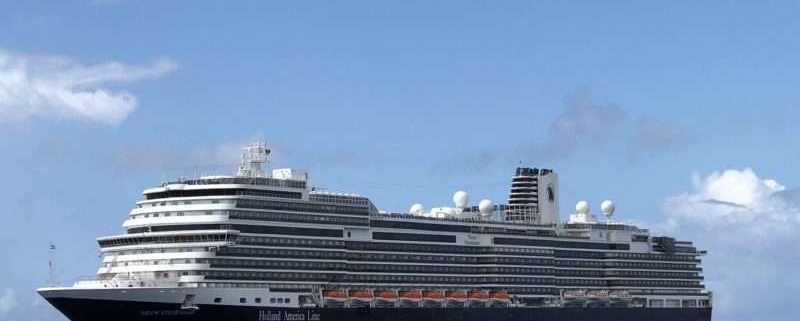
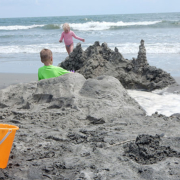 The Washington Post
The Washington Post The Washington Post
The Washington Post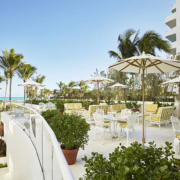 The Washington Post
The Washington Post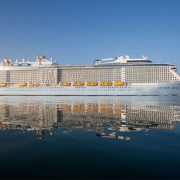 The Washington Post
The Washington Post The Washington Post
The Washington Post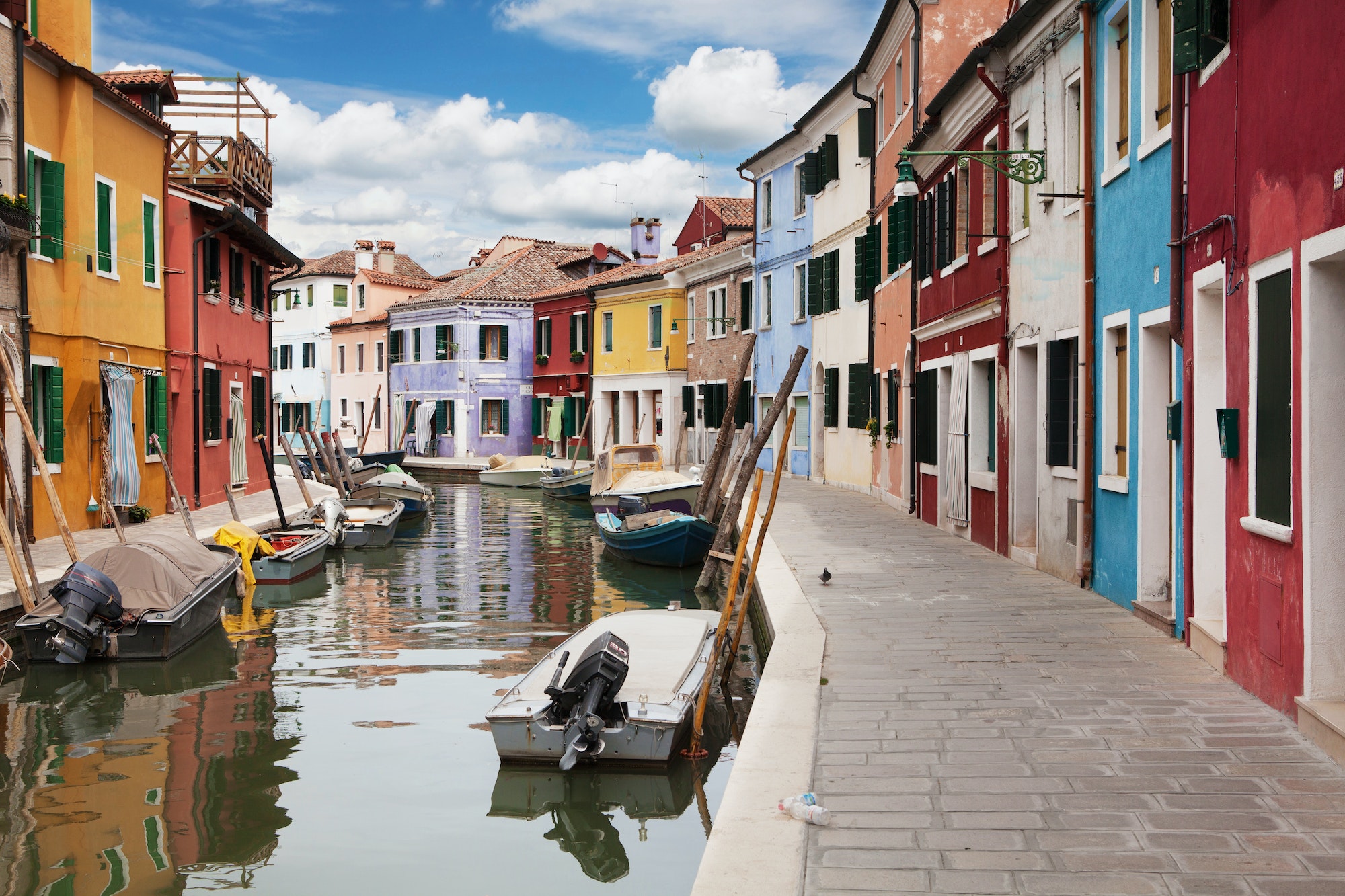
 Candyce H. Stapen
Candyce H. Stapen Creators Syndicate
Creators Syndicate